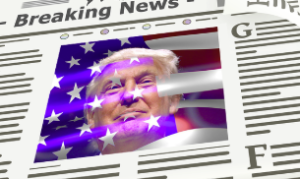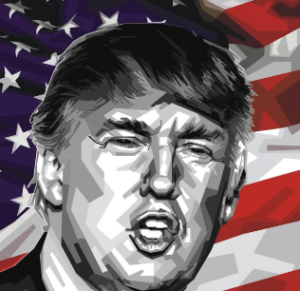$AAPL $EURUSD $BTC
#Apple #Ireland #EconomicGrowth #BudgetSurplus #TrumpTaxPolicies #Elections2023 #Forex #Investment #TaxReform #GlobalEconomy #FiscalPolicy #Markets
Ireland’s economic landscape today reflects a convergence of opportunities and challenges, all of which play a significant role as voters prepare to cast their ballots in upcoming elections. The country’s fiscal story stands out—its budget surplus has grown to levels once considered elusive, largely due to a combination of robust corporate tax revenues and high-profile contributions from tech giants such as Apple. Yet, this prosperity raises difficult questions about long-term fiscal sustainability. A recurring conversation is how much of Ireland’s financial windfall can be tied to practices of multinational corporations domiciled there, a trend that could come under strain as global tax reforms evolve, particularly under policies proposed by U.S. President-elect Donald Trump. Markets and voters alike are left to weigh the implications of both domestic and international factors that could reshape the trajectory of Ireland’s open economy.
With Donald Trump set to take office, international tax policies loom as a pressing concern. Trump has voiced his intention to implement tax reforms that encourage U.S.-based companies to bring foreign profits back home through incentivized repatriation. This poses a direct challenge to Ireland, which relies heavily on foreign direct investment from American tech giants and pharmaceutical firms. If substantial capital were to retreat to U.S. shores, it could reduce Ireland’s corporate tax revenue and strain other economic metrics, including employment in high-skill sectors. Coupled with the OECD’s ongoing efforts to curb profit-shifting through global frameworks like BEPS (Base Erosion and Profit Shifting), these possibilities could erode some of the inflows Ireland currently depends on. Investors are closely monitoring whether such measures would create ripple effects in the Eurozone, which could lead to currency fluctuations in key pairs like $EURUSD and impact market sentiment globally.
Ireland’s fiscal health, meanwhile, presents unique opportunities and challenges for policymakers. On one hand, this budget surplus provides a cushion for public spending on necessary infrastructure, housing, and healthcare, areas Ireland has long struggled to address as its population grows rapidly. On the other hand, overreliance on corporate tax revenue, particularly from a concentrated group of multinationals, risks creating a volatile fiscal environment. A sudden policy shift from abroad could leave an outsized impact on government resources. The Irish government has already been considering bulking up its sovereign wealth reserves as a hedge against external shocks—an approach that has earned some praise from fiscal experts but also criticism for potentially underutilizing the surplus to address current social needs. Balancing this surplus in a way that teeters between prudence and boldness has become a cornerstone of political platforms leading up to the election.
For markets and voters alike, the stakes extend beyond Ireland’s borders. Its open, trade-dependent economy makes it a bellwether for broader European and even global economic trends. The prospect of changes in tax structures, coupled with debate over entrenched inequalities, weigh heavily on the private sector. Public and investor sentiment may shift dramatically over the months ahead, depending on political developments in the United States and broader EU policy trends, including discussions around fiscal responsibility and monetary policy. From the $AAPL stock market value to the euro’s standing in $EURUSD currency markets and even potential knock-on effects in cryptocurrency assets such as $BTC, the narrative around Ireland’s fiscal prospects illustrates an interconnected global economy where policy choices resonate far beyond their country of origin.










Comments are closed.